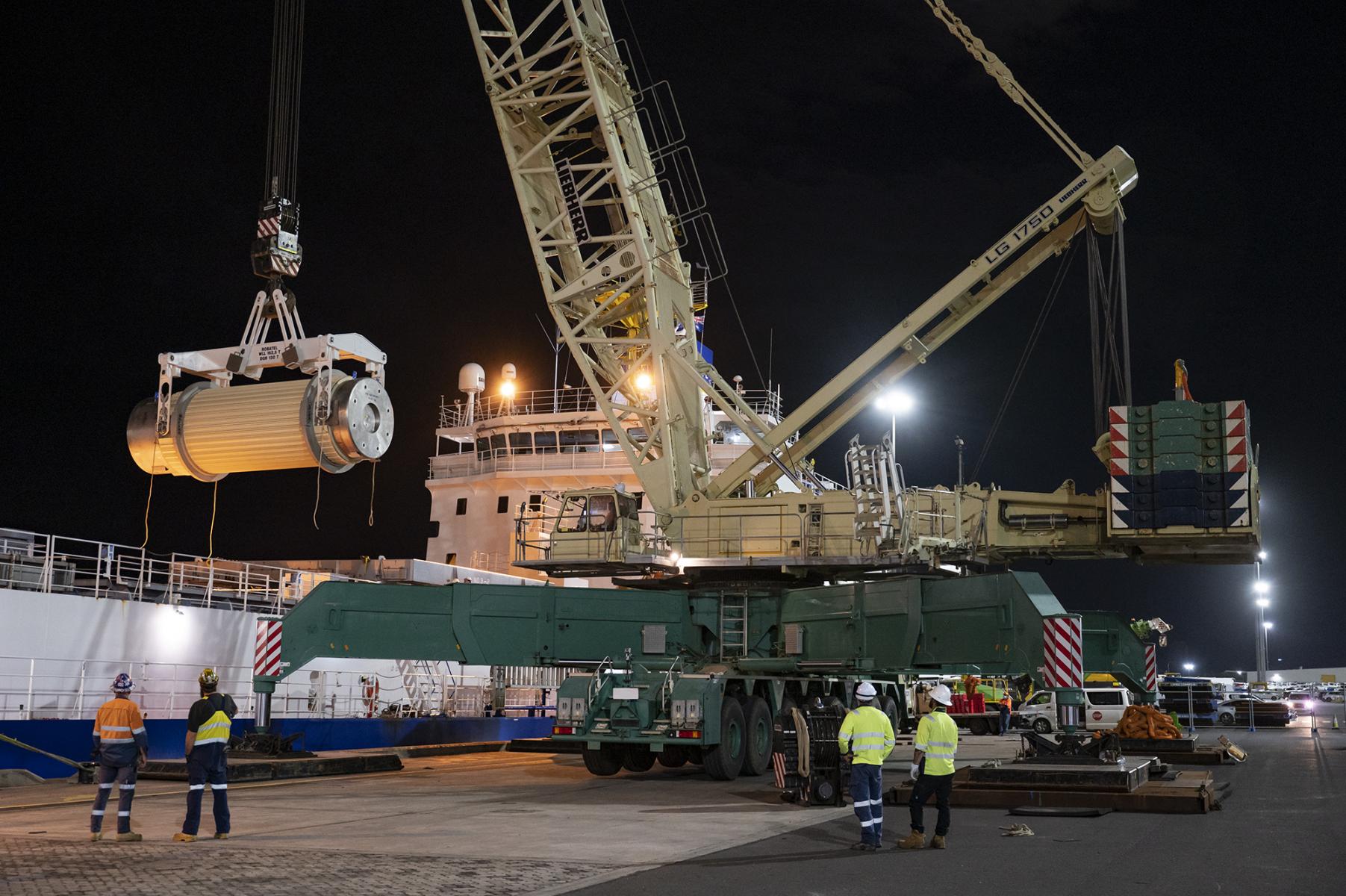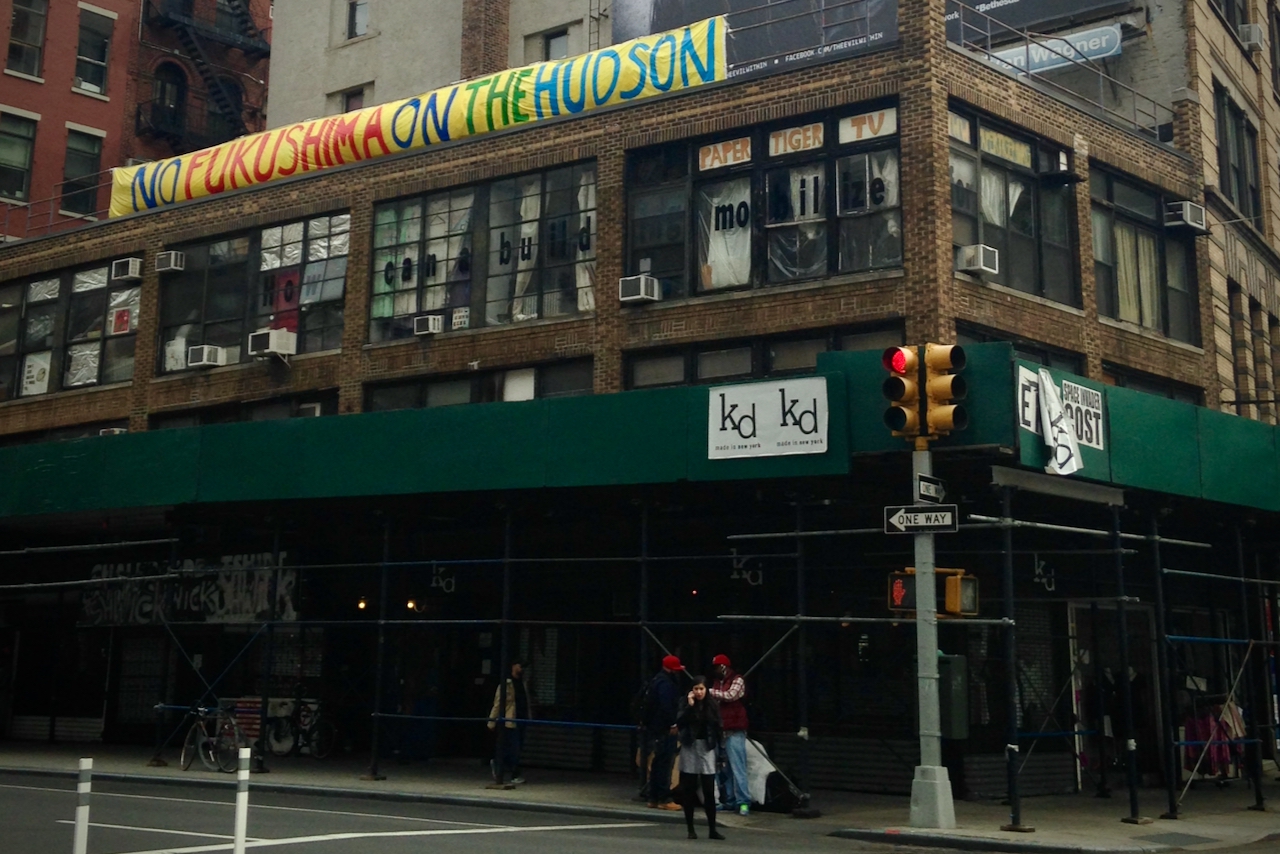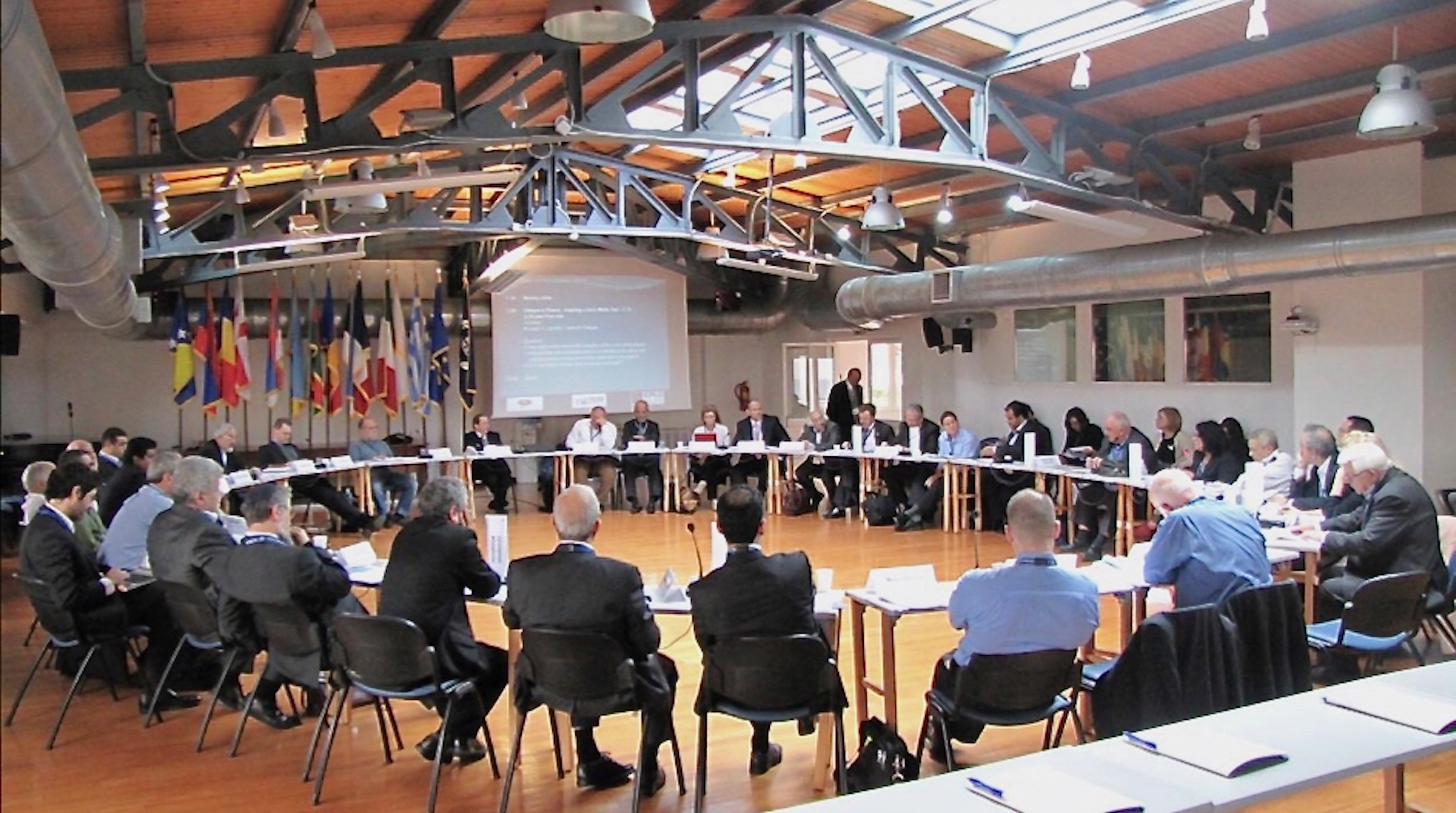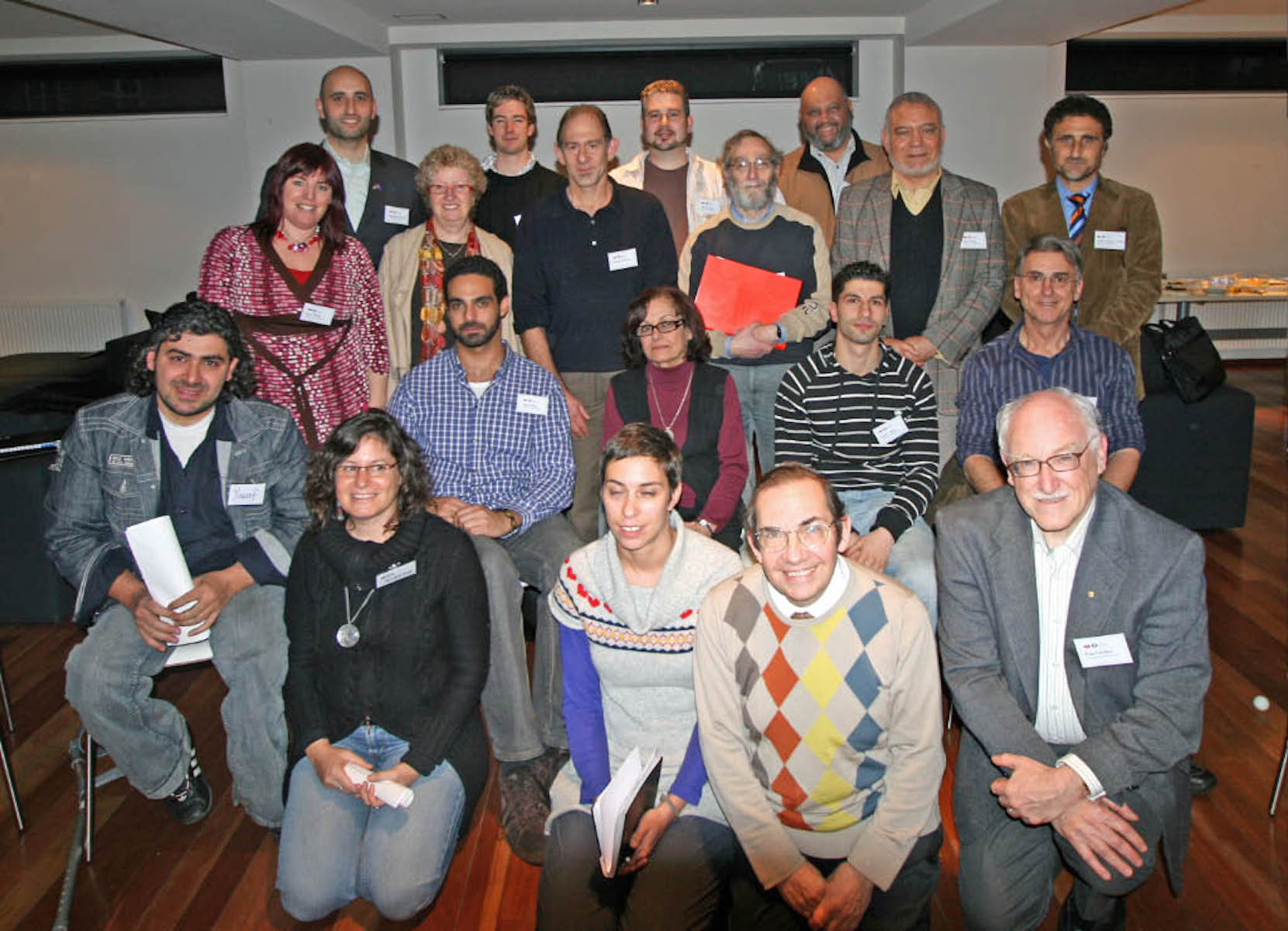
The civilian and militaristic applications of nuclear technology—from the legacy remains from nuclear medicine and research (i.e. ANSTO) to the potential leftovers from nuclear-propelled submarines (i.e. AUKUS)—produce radioactive wastes that must be isolated from people and the biosphere for up to 5,000 generations into the future. Working with the First Nations-led Australian Nuclear Free Alliance (est. 1997), this co-designed project will investigate international best practice in siting both low- and high-level nuclear waste repositories to inform Australian policy and activism consistent with the United Nations Declaration on the Rights of Indigenous Peoples which demands “free, prior and informed consent”.
Principal investigator/s: N.A.J. Taylor with the First Nations-led Australian Nuclear Free Alliance︎Sponsors: The University of Technology Sydney
Funding: $550,000

This proposed project was to ask: What would a nuclear weapon-free world look like? And, by extension, feel like? Many have advocated a nuclear weapon-free world, but few have envisioned it as daily life. This project is to be completed in memory of L.H.M. Ling.︎
Principal investigators: N.A.J. Taylor︎, L.H.M. Ling (The New School)︎, and Ebrahim Sharifi (The New School)
Institutional partner: The New School’s Centre for Creativity and Social Change︎
Principal investigators: N.A.J. Taylor︎, L.H.M. Ling (The New School)︎, and Ebrahim Sharifi (The New School)
Institutional partner: The New School’s Centre for Creativity and Social Change︎

A regional dialogue in Athens on the proposal to establish a Middle East zone free of nuclear and other weapons of mass destruction as well as their means of delivery. In preparation since April 2010, the dialogue was the product of extensive consultation with key stakeholders in the Middle East as well as outside the region.︎
Principal investigators: N.A.J. Taylor︎, Joseph A. Camilleri (La Trobe University)︎, and Michael Hamel-Green (Victoria University)︎
Institutional partners: European Public Law Organisation︎ and La Trobe University’s Centre for Dialogue︎
Sponsors: United Kingdom Foreign & Commonwealth Office, La Trobe University, and The University of Queensland
Funding: $125,000 (external) + $25,000 (internal + in kind)
Key output: three days of Track Three Dialogue and an associated book translated into Farsi, Hebrew and Arabic︎
Principal investigators: N.A.J. Taylor︎, Joseph A. Camilleri (La Trobe University)︎, and Michael Hamel-Green (Victoria University)︎
Institutional partners: European Public Law Organisation︎ and La Trobe University’s Centre for Dialogue︎
Sponsors: United Kingdom Foreign & Commonwealth Office, La Trobe University, and The University of Queensland
Funding: $125,000 (external) + $25,000 (internal + in kind)
Key output: three days of Track Three Dialogue and an associated book translated into Farsi, Hebrew and Arabic︎

Australia is a multi-ethnic, multi-faith, multicultural society. Its future depends on the constructive engagement of ethnic, cultural and religious diversity. Though they have lived in Australia for a number of years, ethno-specific groups that are on opposite sides of the conflicts in the Middle East have had remarkably little contact with each other. Isolation of this kind can deepen mistrust and suspicion, lead in some cases to provocative actions that hinder conflict resolution, deepen old divisions and create new tensions within Australia. There is therefore an urgent need to bring these groups together and facilitate constructive dialogue between them.
Principal investigators: Joseph A. Camilleri (La Trobe University)︎, Michalis S. Michael (La Trobe University)︎, and N.A.J. Taylor︎
Institutional partner: La Trobe University’s Centre for Dialogue︎
Sponsors: The William Buckland Foundation; Victorian Government; La Trobe University
Funding: $200,000 (external)
Key output: more than thirty hours of inter-cultural dialogue
Principal investigators: Joseph A. Camilleri (La Trobe University)︎, Michalis S. Michael (La Trobe University)︎, and N.A.J. Taylor︎
Institutional partner: La Trobe University’s Centre for Dialogue︎
Sponsors: The William Buckland Foundation; Victorian Government; La Trobe University
Funding: $200,000 (external)
Key output: more than thirty hours of inter-cultural dialogue